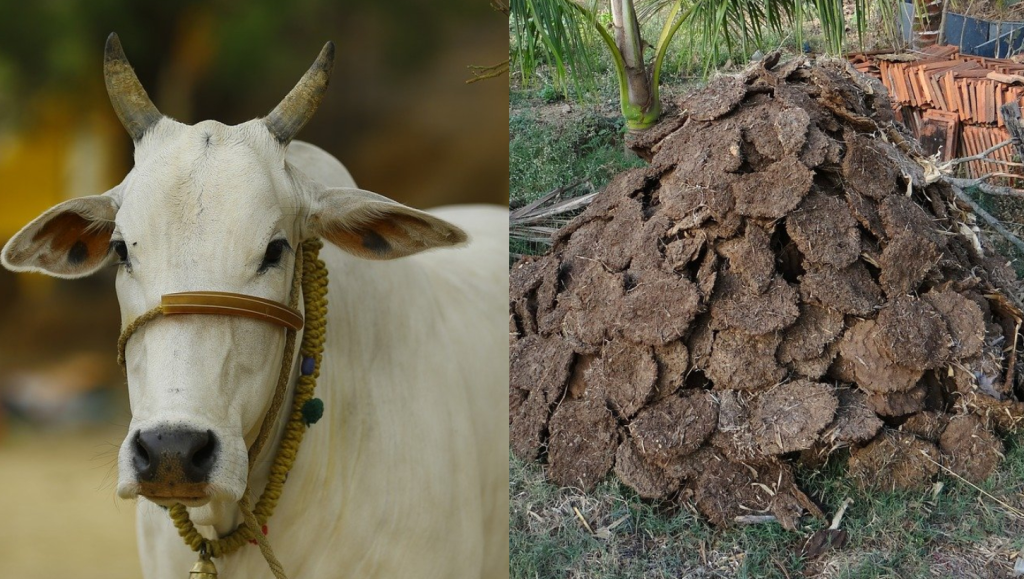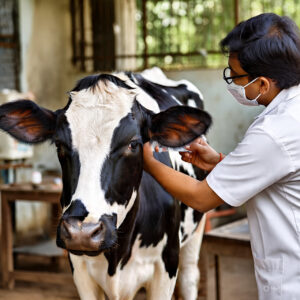Top Benefits of Cow Dung in Farming
Cow dung is one of the oldest and most natural resources used in agriculture. For centuries, farmers in India and around the world have relied on cow manure not just as waste, but as a sustainable and nutrient-rich component of organic farming. Here’s how cow dung helps in transforming your farm naturally:
🌱 1. Improves Soil Fertility
Cow dung is packed with essential nutrients like nitrogen, phosphorus, and potassium. When mixed into the soil, it boosts its organic content, helping crops grow faster and healthier.
💧 2. Enhances Water Retention
The fibrous nature of cow dung helps retain soil moisture, especially in dry regions. This helps reduce irrigation needs and supports plant growth even in arid conditions.
🍂 3. Natural Pest and Disease Control
When composted properly, cow dung can act as a natural pesticide. It reduces soil-borne pathogens and protects crops from harmful diseases — without any chemicals.
🔄 4. Improves Soil Structure
Cow manure improves the texture and aeration of the soil. It helps break down hard soil and allows roots to breathe better, enhancing nutrient absorption.
♻️ 5. Supports Composting
Cow dung is a key ingredient in composting. Mixed with crop residues and kitchen waste, it speeds up decomposition and creates high-quality organic compost.
🌍 6. Eco-Friendly Alternative
Using cow dung reduces the dependency on synthetic fertilizers, promoting an environmentally friendly farming approach. It lowers input costs and enhances long-term soil health.
✅ Conclusion
Cow dung isn’t just waste — it’s a treasure for organic farming. From enriching the soil to protecting crops naturally, it’s time farmers embrace this age-old, sustainable solution for better yields and healthier farms.




